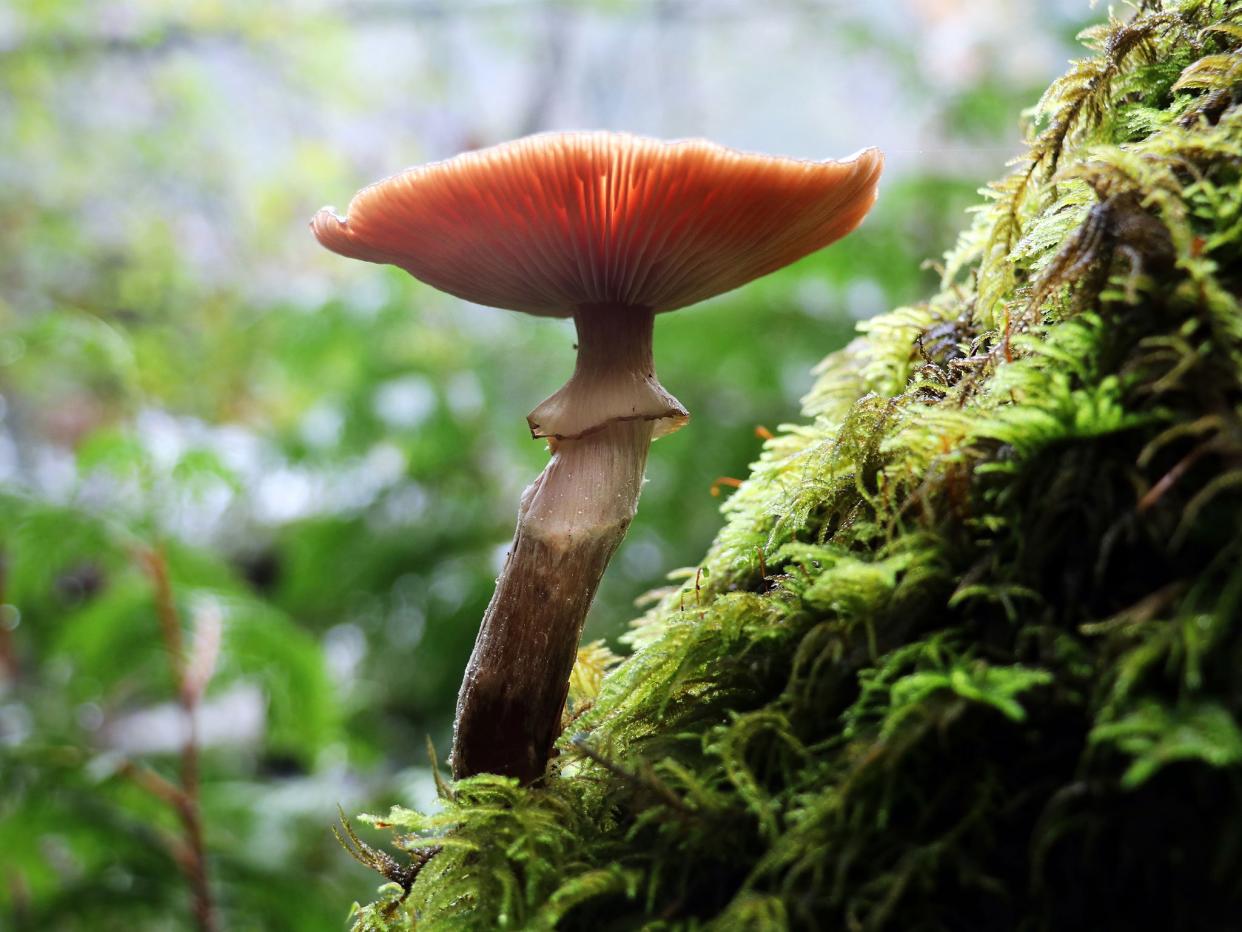Should London parks have been so hasty in banning people from foraging?

Autumn is an exciting time for foragers. Our dream combination of light rain showers followed by sun can produce bumper crops of delicious funghi.
I walk with a small bag and a penknife in case I’m lucky enough to find chanterelles, blewitts or ceps, but even in remote parts of the Yorkshire Dales, on the edges of woodland and in grazing meadows, I’ve noticed supplies are dwindling. Are farmers using chemical sprays or have more people cottoned on to my favourite pastime?
Foraging has soared in popularity since celebrity chefs like the late Antonio Carluccio and Hugh Fearnley-Whittingstall not only showed us how to cook with wild mushrooms but wrote bestselling books explaining how to identify them. This month, many fashionable restaurants will feature a seasonal dish using British wild mushrooms - but where are they all coming from? Now environmentalists claim that too much foraging can be detrimental to the natural environment.
A couple of years ago, the New Forest brought in a ban, after professional pickers were stripping the National Park of a valuable food source for animals. Now, eight of London’s Royal Parks have done the same. There’s plenty of countryside and woodland where you can find gorgeous funghi and not face restrictions – perhaps we should stick to one bagful per person. But how can funghi police prevent plundering of this fabulous free food source?

 Yahoo News
Yahoo News 
